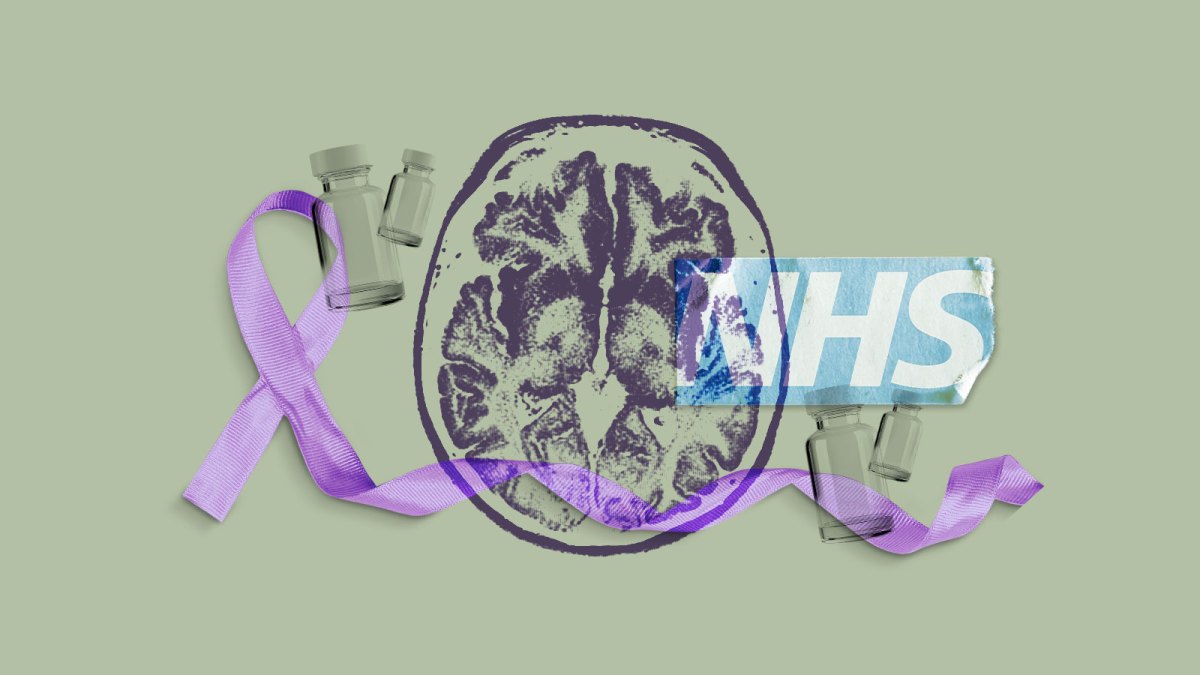Ministers are under pressure to overhaul the “seriously flawed” NHS medicines watchdog after it refused to approve the first two drugs that treat Alzheimer’s disease.
Charities warned that “the science is flying but the system is failing” and that patients in the UK were unable to benefit from medical breakthroughs because of a “broken” system.
Nice, the health spending watchdog, announced on Wednesday that NHS patients would be denied access to lecanemab and donanemab, as their benefits were “too small” to justify the cost.
The two drugs are the first to treat the underlying cause of Alzheimer’s disease, by clearing toxic amyloid protein from the brain, delaying cognitive decline by four to six months.
Had they been approved for NHS use, about 70,000 patients in England in the early stages of Alzheimer’s would have been eligible for the drugs on the NHS. The treatments — given as a drip — are already available privately in the UK, costing about £60,000 a year.
The pharmaceutical firms Lilly, which makes donanemab, and Eisai, the maker of lecanemab, immediately said they were “dismayed” and would appeal against Nice’s decision.
They argued that the watchdog’s appraisal process failed to take into account the “full value” of the drugs for the economy, including in relieving costs on caregivers and the wider NHS and care system.
• Alzheimer’s patients retain ability to empathise with loved ones
Chris Stokes, president of UK, Ireland and northern Europe at Lilly, said: “If the system can’t deliver scientific firsts to NHS patients, it is broken. If the government is to deliver on its goals to reduce lives lost to the biggest killers and put Britain at the forefront of transforming treatment for dementia, it must keep pace with licensed medical breakthroughs.”
Gary Hendler, regional chairman of Eisai, said: “We feel it is our duty to sound the alarm today that this appraisal process needs an immediate overhaul so that future medicines may be more appropriately assessed, and patients and their families can have hope regarding future treatments.”
More than 130 new drugs tackling Alzheimer’s are in development around the world. Both lecanemab and donanemab have potentially dangerous side-effects, including the risk of brain swelling and bleeding, and experts say new drugs down the line will be “safer and more effective”.
The NHS is being urged to prepare for a new era of dementia treatment, by providing quick access to specialist diagnostic tests, which are needed for people to get treatments.
Fiona Carragher, the Alzheimer’s Society’s chief policy and research officer, said: “There is no doubt that today’s decision is a setback for people with Alzheimer’s disease. It is highly disappointing that we are in a situation where treatments that slow the progression of the condition are not available on the NHS … In other diseases like cancer, treatments have become more effective, safer and cheaper over time. It’s essential we see similar progress in dementia.
• New map of brain hailed as watershed for neuroscience
“The fact is, even if donanemab and lecanemab were made available on the NHS tomorrow, too many patients wouldn’t be able to access them because the health system isn’t ready to deliver them. The science is flying but the system is failing.”
Hilary Evans-Newton, chief executive at Alzheimer’s Research UK, said: “This rejection is a painful setback for people affected by Alzheimer’s … This decision sends a troubling signal to the life sciences sector, undermining confidence in the UK as a home for research, innovation and clinical trials. That risks lasting damage to both patients and the economy. Nice’s decision should ring alarm bells for a government that, only a year ago, pledged to make the UK a global leader in dementia treatments.”
Helen Knight, director of medicines evaluation at Nice, said: “While we recognise the hope these treatments offer, the evidence shows they only provide modest benefits at best.
“We realise today’s news will be disappointing for many, but we now need to focus on the encouraging pipeline of new Alzheimer’s drugs in development, a number of which are already earmarked for Nice evaluation.”
